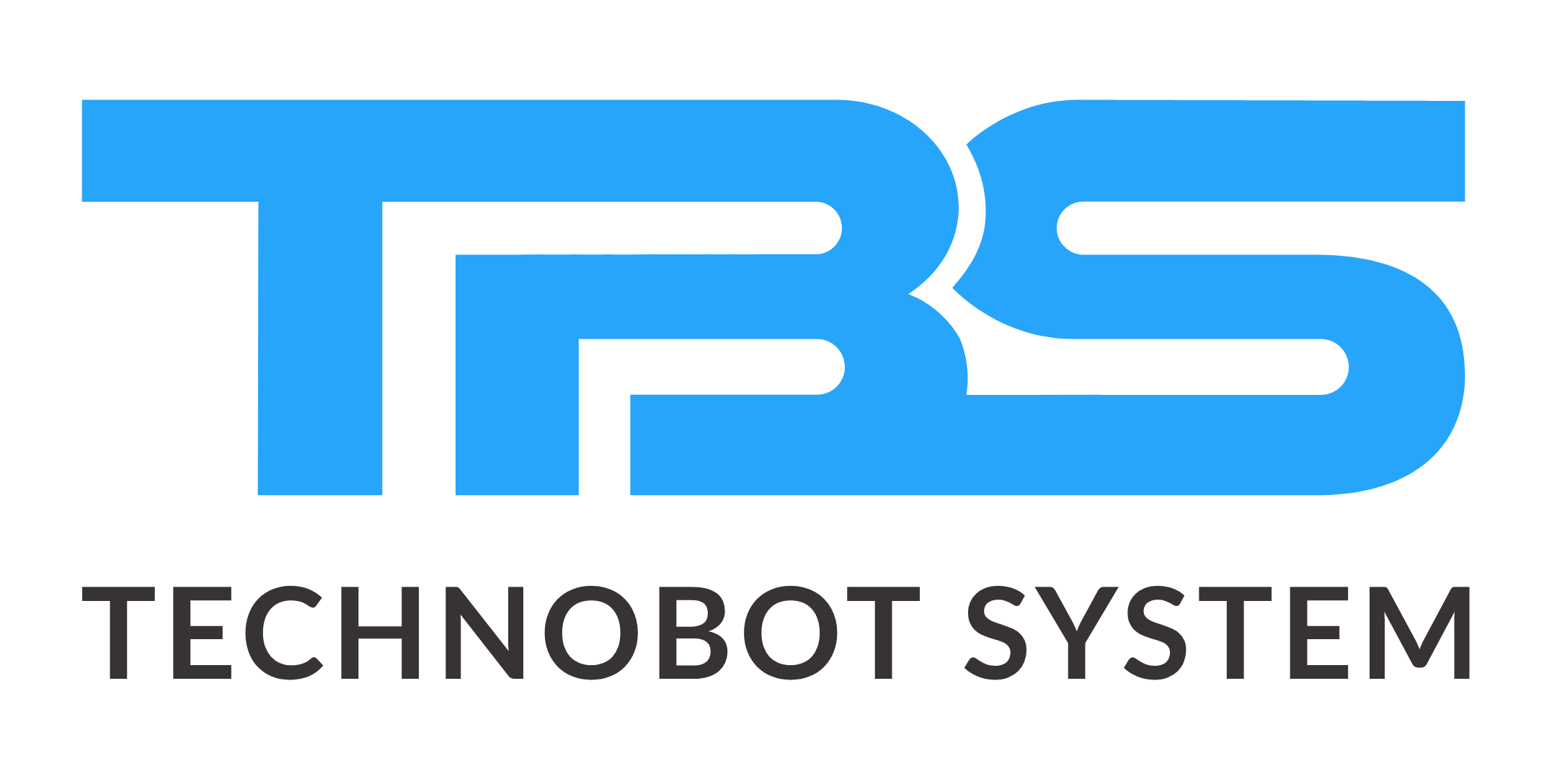Quantum computing is one of the most exciting and disruptive technologies on the horizon. While it’s still in its infancy, its potential to change the world is enormous. In simple terms, quantum computers could solve problems that are currently beyond the reach of even the most powerful classical computers. But how does quantum computing work, and what does the future look like for this groundbreaking technology? Let’s explore.
What is Quantum Computing?
At its core, quantum computing leverages the strange and counterintuitive principles of quantum mechanics to process information in ways classical computers cannot. While traditional computers store information in binary form (1s and 0s), quantum computers use quantum bits, or qubits. Qubits can exist in multiple states at once thanks to superposition, a fundamental concept in quantum mechanics. This allows quantum computers to process a massive amount of data in parallel, dramatically speeding up certain types of computations.
In addition to superposition, another key quantum concept is entanglement. When qubits become entangled, the state of one qubit can depend on the state of another, even if they are physically separated. This feature enables quantum computers to perform complex calculations more efficiently than classical systems.
The Promise of Quantum Computing
- Cryptography: Modern encryption methods, like RSA, rely on the difficulty of factoring large numbers. Quantum computers, however, could crack these codes in a fraction of the time, potentially rendering current encryption protocols obsolete. While this poses a challenge for cybersecurity, it also paves the way for the development of quantum-resistant encryption methods.
- Drug Discovery and Healthcare: Quantum computers can model complex molecules at the quantum level, which is a massive leap over classical simulations. This could significantly accelerate the discovery of new drugs and medical treatments by enabling researchers to simulate molecular interactions with far greater accuracy.
- Optimization Problems: Many industries, from logistics to finance, face complex optimization problems—like finding the most efficient way to route delivery trucks or manage portfolios. Quantum computing could dramatically speed up the process of finding optimal solutions for these problems, saving companies time and resources.
- Artificial Intelligence and Machine Learning: Quantum computers could process large datasets and solve problems much faster than classical systems, leading to advancements in AI and machine learning. By running simulations and training models more efficiently, quantum computing could push the boundaries of what’s possible with AI.
- Climate Modeling: With the increasing urgency of climate change, quantum computing could play a pivotal role in modeling complex environmental systems and predicting future climate patterns. This could help scientists make more accurate predictions and develop better strategies to mitigate environmental damage.
Challenges on the Road to Quantum Superiority
While the potential of quantum computing is awe-inspiring, we’re still facing several significant challenges on the road to realizing its full potential.
- Hardware Limitations: Building a quantum computer is incredibly difficult. Qubits are extremely fragile, and any disturbance from the external environment—like temperature fluctuations or electromagnetic radiation—can cause errors in calculations. Current quantum computers are prone to what’s called quantum decoherence, where qubits lose their quantum state before a calculation can be completed.
- Scalability: To solve real-world problems, quantum computers need to scale—meaning they need thousands, or even millions, of qubits. But creating and maintaining such large systems while minimizing errors is a monumental challenge. Researchers are exploring different types of qubits (e.g., trapped ions, superconducting circuits) and new error-correction techniques, but scalability remains a major hurdle.
- Software and Algorithms: Quantum computing requires new algorithms designed specifically for quantum systems. Classical algorithms don’t work on quantum computers, and developing efficient quantum algorithms is still in the early stages. The field of quantum software is as important as the hardware itself, and many researchers are working to create the next generation of quantum programming languages and tools.
- Quantum Decoherence and Error Correction: In quantum computing, errors are more common than in classical computing. Researchers are focusing on error-correction protocols to maintain the integrity of computations, but this is a major challenge, especially as the number of qubits increases.
The Road Ahead: Quantum Computing in the Next Decade
Despite the challenges, the future of quantum computing is incredibly promising. We are witnessing significant progress in both hardware and software, with major companies like IBM, Google, Microsoft, and startups like Rigetti and IonQ leading the charge. In fact, in 2019, Google claimed to have achieved quantum supremacy, demonstrating that their quantum computer could solve a specific problem faster than the world’s most powerful supercomputer. While this claim was controversial, it sparked further interest and investment in quantum computing.
Over the next decade, we can expect several key milestones in quantum computing development:
- NISQ Era (Noisy Intermediate-Scale Quantum): For the next few years, quantum computers will likely remain in the NISQ era, where they’ll be powerful but still prone to errors. Researchers will focus on improving these systems, making them more reliable and capable of solving practical problems.
- Quantum Advantage: Once error rates improve and qubits scale up, we will see a shift from experimental demonstrations to solving real-world problems that are infeasible for classical computers. We may witness the first truly practical applications of quantum computing, like simulating complex materials or solving optimization problems at scale.
- Quantum Cryptography: As quantum computers evolve, so will quantum-resistant encryption methods. The transition to post-quantum cryptography will be critical to safeguarding sensitive data against quantum-powered attacks.
- Quantum Cloud Services: Major tech companies are already offering access to quantum computers via the cloud. In the next decade, these cloud-based quantum platforms will become more powerful and accessible, allowing businesses and researchers to leverage quantum computing without needing their own hardware.
Conclusion
The future of quantum computing is bright, but it’s a future that will take time to unfold. The next few years will see rapid advancements in hardware, software, and algorithms, and while true “quantum supremacy” may still be a distant dream, we’re inching closer to harnessing the full potential of quantum mechanics for practical applications. From revolutionizing industries like healthcare and finance to solving global challenges like climate change, quantum computing has the potential to be one of the most transformative technologies of the century.
For now, the race is on to build more powerful, stable, and scalable quantum computers. But one thing is certain: the quantum revolution is coming, and it promises to reshape the world as we know it.

